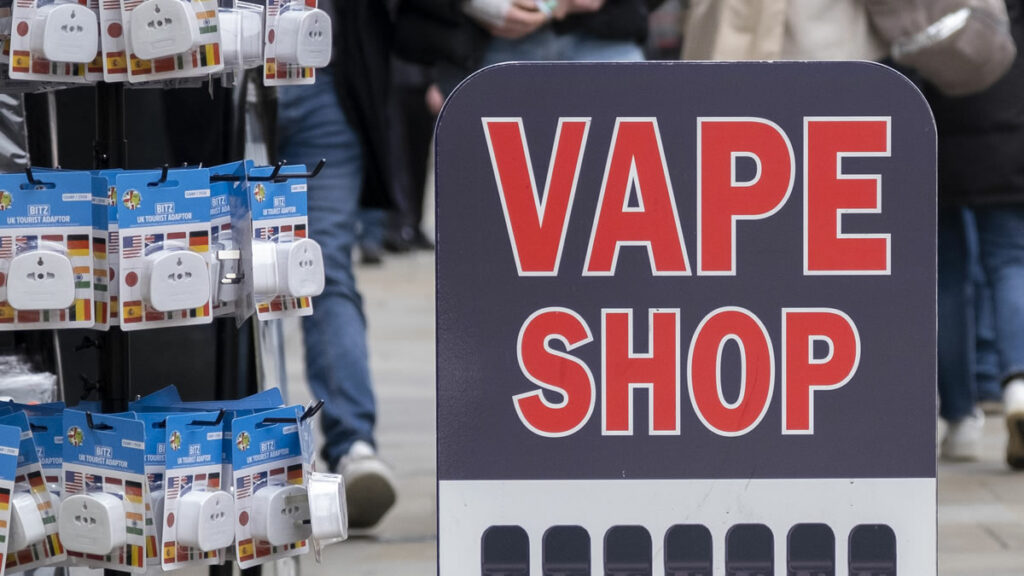Russia has significantly toughened its stance on the illegal sale of e-cigarettes and vape liquids, with a new law taking effect on August 3rd that introduces criminal liability for the circulation of all unmarked nicotine-containing products. This measure extends penalties, previously focused on traditional tobacco, to include vapes, aiming to bring the burgeoning market out of the shadows and curb tax evasion.
Under the new law, businesses face severe consequences for handling unmarked vape products with a value exceeding 100,000 rubles. Penalties can include fines up to 500,000 rubles, forced labor, or imprisonment for up to three years. Forging the mandatory digital markings carries even harsher punishment, with potential prison sentences of up to eight years and fines up to one million rubles.
Tobacco market expert Lev Grigoryev believes these serious changes will be beneficial for legalizing the market but does not anticipate them causing product shortages or immediate price hikes on the legal market, which already accounts for high excise taxes. The primary issue, he notes, is Russia's substantial illegal vape market, which persists despite legislative efforts.
However, German Lukashov, director of SPINI (Union of Enterprises of the Nicotine-Containing Products Industry), argues that the new liability for retailers won't fundamentally solve the problem. He contends that the "prohibitive" 110% excise tax hike on e-liquids in 2023 pushed at least 85% of the market into the gray and black zones. "The only possible way to whiten the vape market is to lower the excise tax and harmonize taxes," Lukashov stated, suggesting a reduction from the current 44 rubles per milliliter to around 8-9 rubles. He believes only then can legal players compete with the illicit market, which would become unprofitable.
Despite a 10% reduction in the number of vape shops due to business fears over potential bans, the popularity of vaping in Russia has grown ninefold in five years, with demand increasing 20% in the last year alone.

Vape Content Creator | Flavor Reviewer | Lifestyle & Vape Culture Editor
Emily Carter is a vape-focused content creator specializing in flavor reviews, device aesthetics, and lifestyle-oriented vaping content. With hands-on experience testing disposable vapes and pod systems, Emily delivers clear, visually driven insights designed for adult consumers.








